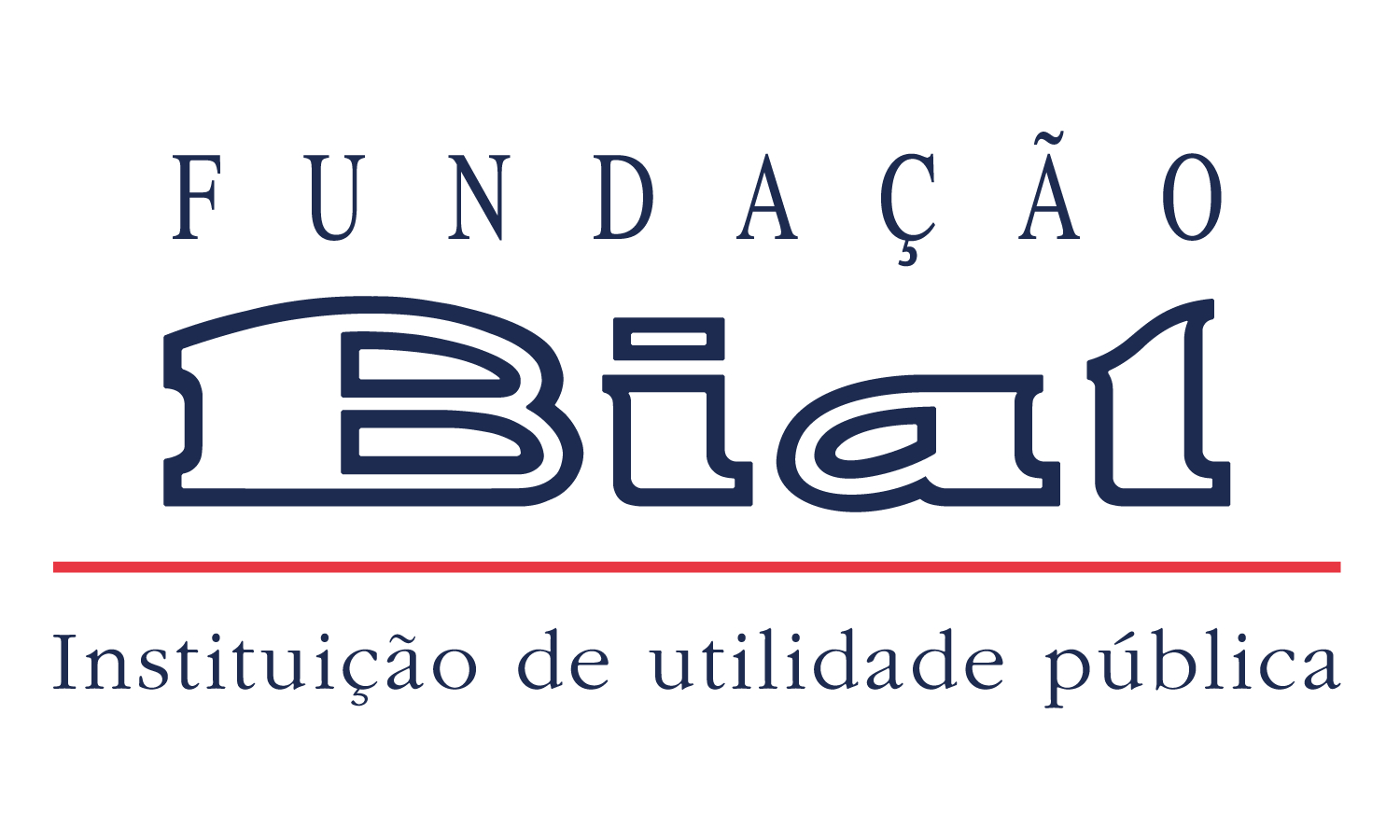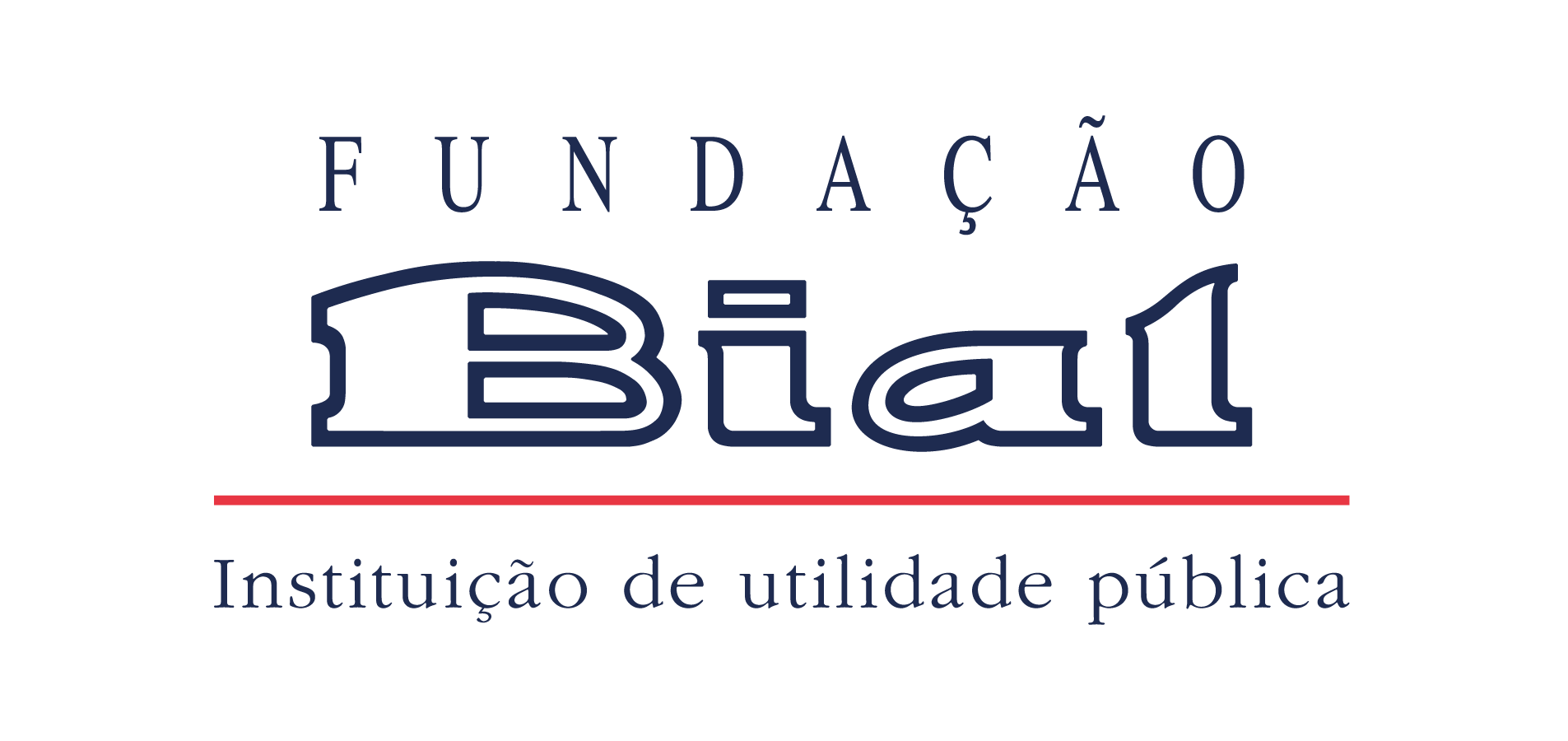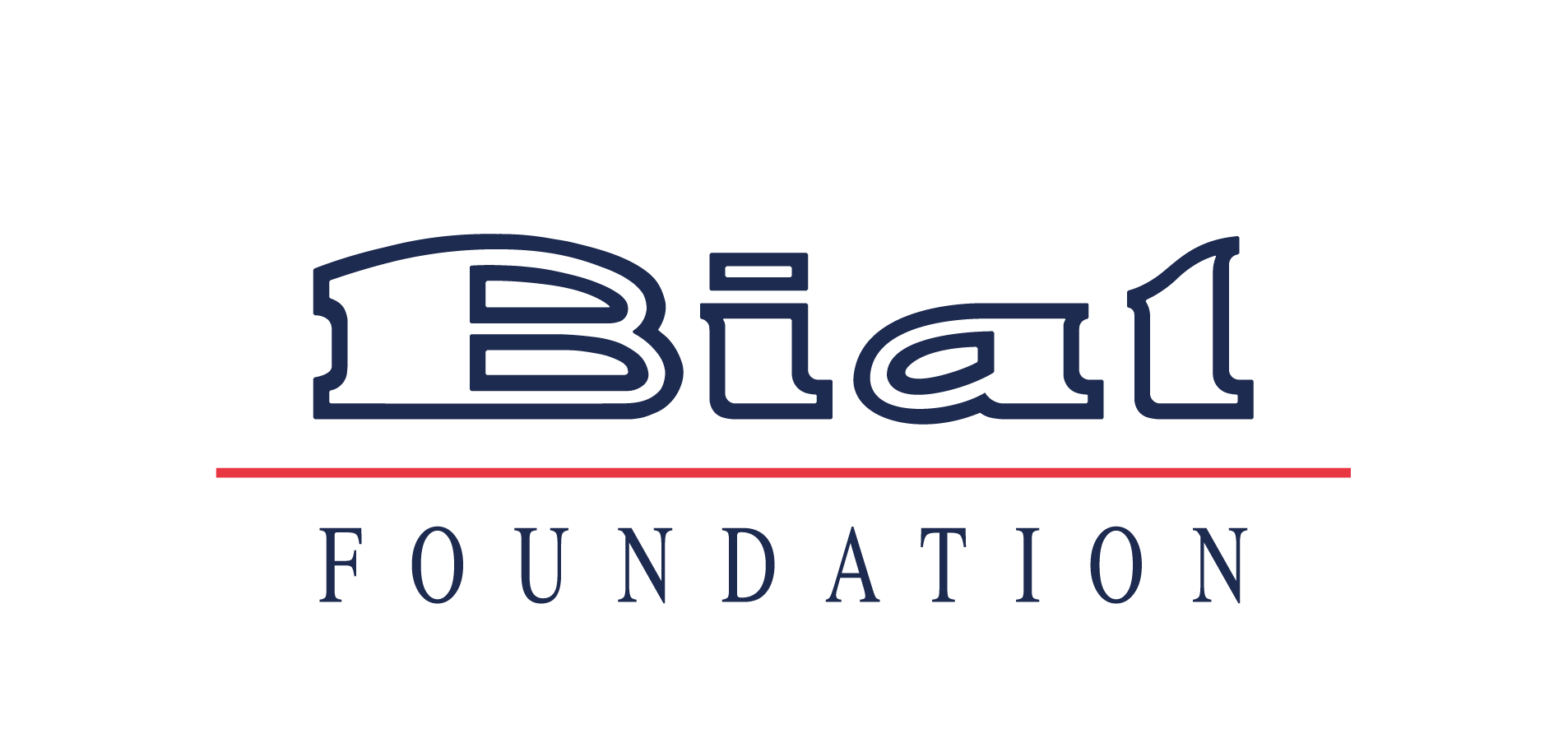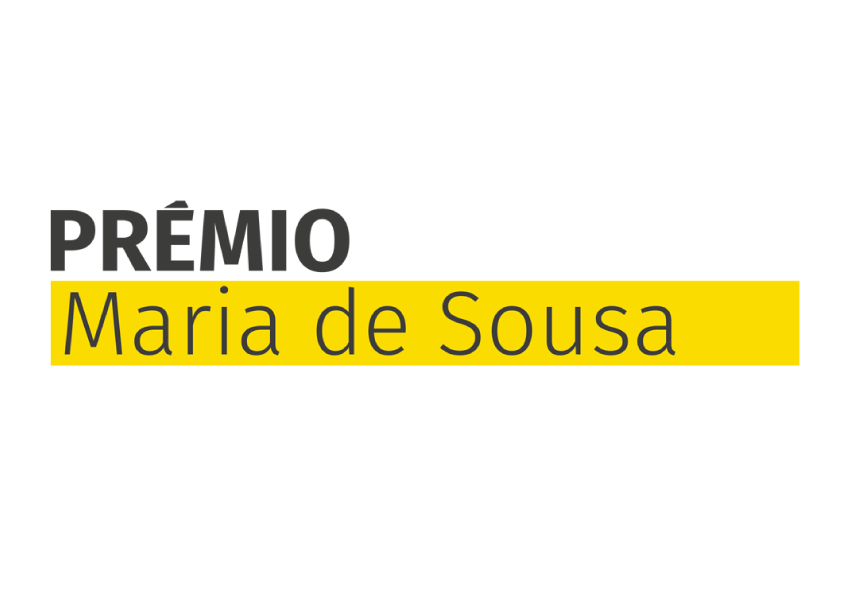Notícias
- Science Stories
- Destaques
- Looking for collaboration
- Links úteis
- Logos
Science Stories
É a concretização da nossa missão. Desde a sua criação a Fundação BIAL já aprovou para financiamento 946 projetos, envolvendo cerca de 1900 investigadores de 31 países. São três décadas de apoios a Projetos de Investigação Científica orientados para o estudo neurofisiológico e mental do ser humano, nas áreas da Psicofisiologia e da Parapsicologia.Conheça as histórias por detrás da ciência.
Science Stories

Sonhar enquanto se dorme e “sonhar acordado”: diferenças e semelhanças
Sabia que os sonhos “diurnos” refletem acontecimentos dos dois dias anteriores, enquanto os sonhos “noturnos” se assemelham a um enredo de ficção?

O seu cão tem competências sociais?
Estudo revela que a visualização do rosto do dono funciona como reforço social positivo para os cães. Conheça resultados intrigantes sobre o “melhor amigo do homem”.
News
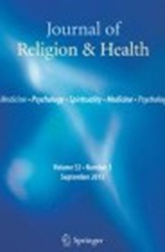
Experiências transcendentais dos peregrinos de Lurdes
A equipa liderada por Paul Dieppe publicou no Journal of Religion and Health o artigo Transcendent Experiences Among Pilgrims to Lourdes: A Qualitative Investigation, sumariando alguns dos resultados do projeto de investigação 118/16 - The experiences of participants in religious healing rituals in Lourdes: The role of noetic meaning and identity shift, apoiado pela Fundação BIAL.
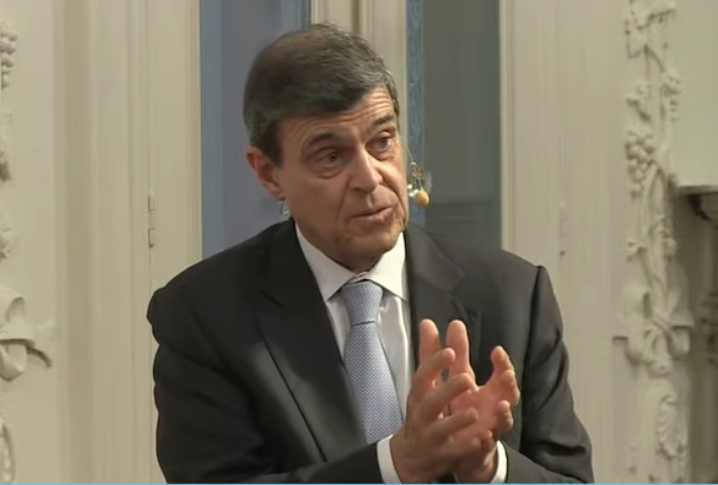
Luís Portela distinguido com Medalha de Mérito da Ciência
Luís Portela, Presidente da Fundação BIAL, recebeu hoje a Medalha de Mérito da Ciência, atribuída pelo Ministério da Ciência, Tecnologia e Ensino Superior. A Medalha foi entregue durante o evento “E se? A Ciência e a Cultura Científica no futuro da Europa”, que teve lugar na Galeria da Biodiversidade – Centro Ciência Viva, no Porto. Além de Luís Portela, receberam também hoje a Medalha de Mérito da Ciência, Artur Santos Silva e Manuel Sobrinho Simões.
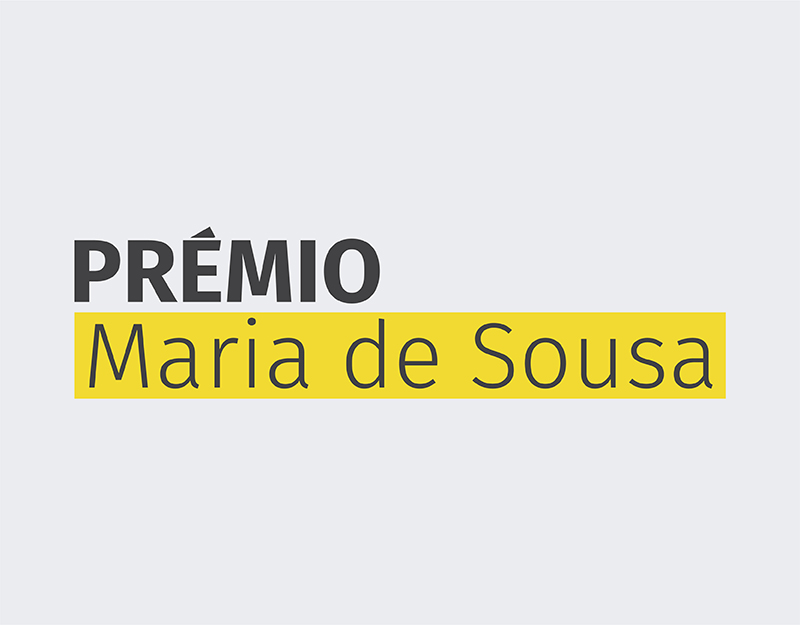
Prémio Maria de Sousa aumenta valor do prémio para 125 mil euros e passa a ter cinco vencedores
A Ordem dos Médicos e a Fundação BIAL decidiram alargar o número de investigadores apoiados e o valor global do Prémio Maria de Sousa, o que passará a vigorar na presente e em futuras edições. O prémio, lançado em homenagem à imunologista Maria de Sousa, vai ter um valor total de até 125 mil euros e distinguir cinco vencedores.

Palestras online sobre parapsicologia abertas à comunidade
A Society for Scientific Exploration (SSE) e a Parapychological Association (PA) uniram-se para organizar um congresso online, ao longo de 10 dias, de 23 a 31 de julho de 2021, subordinado às conexões – visíveis e invisíveis – entre todos nós e abrangendo diversos tópicos relacionados com a parapsicologia e estudos da consciência. Neste âmbito, promovem no dia 17 de julho um conjunto de palestras online abertas à comunidade sobre percepção extrassensorial, mediunidade, psicocinese, entre outros tópicos.
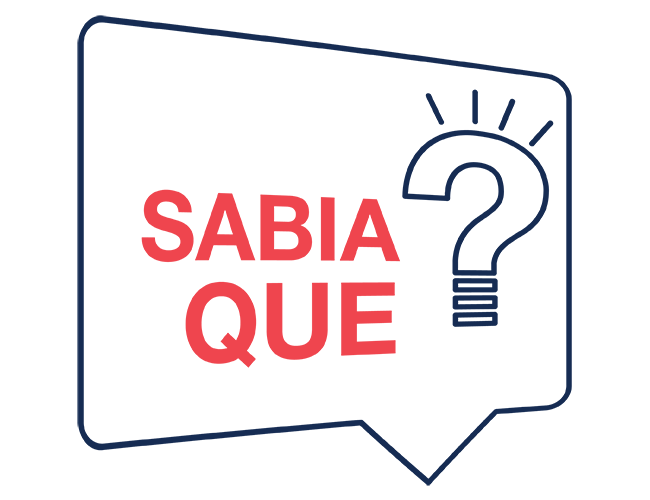
A Fundação BIAL tem um índice h = 76
Sabia que 76 artigos publicados no âmbito de projetos apoiados pela Fundação BIAL foram citados pelo menos 76 vezes?
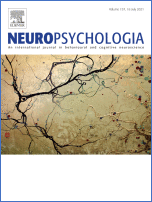
Como é que os sinais de EEG correspondem a um envelhecimento saudável vs. patológico?
Stephen Badham e colaboradores publicaram na revista Neuropsychologia, o artigo Age differences in resting state EEG and their relation to eye movements and cognitive performance no âmbito de um projeto apoiado pela Fundação BIAL. Mais informação sobre o projeto disponível aqui

Prémio Maria de Sousa recebeu mais de 80 candidaturas
O júri do Prémio Maria de Sousa recebeu 84 candidaturas na primeira edição deste galardão, promovido pela Ordem dos Médicos e pela Fundação BIAL, em homenagem à médica e prestigiada imunologista Maria de Sousa. Entre os candidatos estão jovens médicos e investigadores portugueses de universidades, centros de investigação e hospitais nacionais e internacionais, incluindo portugueses com atividade profissional no estrangeiro. As temáticas dos projetos a concurso abrangem diversas áreas das Ciências da Saúde, destacando-se trabalhos nas diferentes dimensões terapêuticas e de investigação do cancro, doenças do sistema nervoso central e cardiometabólicas.

A Fundação BIAL apoiou 6 Highly Cited Papers
Sabia que entre os artigos apoiados pela Fundação BIAL existem 6 Highly Cited Papers, isto é, artigos publicados nos últimos 10 anos que estão no top 1% dos artigos mais citados na sua área científica e ano de publicação?

48% dos artigos foram publicados em revistas Q1
Sabia que 48% dos artigos dos projetos apoiados pela Fundação BIAL foram publicados em revistas pertencentes ao primeiro quartil (Q1) na sua respetiva área científica?
Looking for collaboration

The quest of physiological markers for the experience of pain
Researcher: Elia Valentini - Department of Psychology & Centre for Brain Science, University of Essex Summary: The aim of this project is to improve measurement of the human experience of pain by investigating a combination of psychophysical and physiological responses during mild noxious stimulation. More specifically, we want to investigate how sensitive and specific to pain the brain oscillatory responses are. We use EEG as the main technique, but we are keen to collaborate with neuroscientists using fMRI, autonomic measures and brain stimulation as well as with computational neuroscientists. A clinical collaborator would also be very much welcome.

EEG investigation of hypnosis and decision-making
Researcher: Rinaldo Livio Perri - University Niccolò Cusano Rome, Italy Summary: I work in the field of hypnosis and cognitive neuroscience. In particular, I adopt the event-related potentials (ERPs) to investigate the effect of the hypnotic suggestions on sensory processing and cognitive performance. I am an expert in decision-making and proactive brain processes before the stimulus administration (e.g., the perceptual, prefrontal and premotor readiness during the expectancy stage). I could help colleagues to properly analyze the ERP signal in the pre-stimulus stage of processing. Also, I would be happy to share my EEG data for re-analyzing them in the frequency domain (e.g., wavelet or coherence analysis in the hypnosis research). Feel free to contact me for any question! More information on my papers: https://scholar.google.it/citations?user=-8e_V64AAAAJ&hl=it Possible collaborations: neuroscientist with experience in the EEG frequency analysis Email: perri.rinaldo@gmail.com

Transparent Psi Project - looking for collaborators
Summary: We are running a fully transparent, expert consensus-base multilab replication of Bem’s (2011) experiment 1. The project features state of the art methods to maximize transparency and study integrity. The study involves a computerized experiment taking about 20 minutes per session. Group testing is possible in a computer lab, no specialized equipment needed. Labs are expected to recruit at least 100 participants. Participants will be exposed to images with explicit erotic/sexual content in the experiment. No financial compensation is required for the participants. Data collection is expected to take place in the 2020 fall semester. Every material is provided for ethics/IRB submissions and data collection in English (translation of materials might be necessary by the collaborators). The study is pre-registered and the manuscript is accepted in principle for publication in the journal Royal Society Open Science. All collaborators who meet the minimum sample size criterion will get authorship on this paper reporting the results of the replication study. More information in the preprint: https://psyarxiv.com/uwk7y/ Indicate interest in the collaboration via the following form: https://tinyurl.com/tpp-labs With any question contact the lead investigator: Dr. Zoltan Kekecs, kekecs.zoltan@gmail.com

Cognitive control and learning
Researcher: Ignacio Obeso, Ph.D. / CINAC - HM Puerta del Sur Summary: The aim of our projects is to understand the behavioral and neural mechanisms used to learn how humans establish adaptive behaviour in changing contexts. More specifically, we want to decipher how stopping abilities are initially learned and later executed under automatic control. We use task-related fMRI, brain stimulation and clinical models to test our predictions in laboratory settings as well as online home-based paradigms. Possible collaborations: computational scientist Email contact: i.obesomartin@gmail.com https://iobesomartin.wixsite.com/cognitivecontrol
Veja aqui links de Fundações, Organizações, Sociedades e outros que lhe podem interessar.
- BrainFacts.org
- Cognitive Neuroscience Society
- Dana Foundation
- European Brain Council
- European Society for Cognitive and Affective Neuroscience (ESCAN)
- Federation of European Neuroscience Societies (FENS)
- Human Brain Project
- IANDS International Association for Near-Death Studies
- Institut Métapsychique International (IMI)
- Instituto de Psicologia Paranormal
- International Behavioral Neuroscience Society (IBNS)
- International Brain Research Organization
- IONS Institute of Noetic Sciences
- Kavli Foundation
- Koestler Parapsychology Unit
- Open Sciences
- Organization for Human Brain Mapping (OHBM)
- Parapsychological Association
- Psi Encyclopedia
- Rhine Research Center
- Sociedade Portuguesa de Neurociências
- Sociedade Portuguesa de Neurologia
- Society for Neuroscience
- Society for Psychical Research
- Society for Scientific Exploration (SSE)
- World Federation of Neurology

